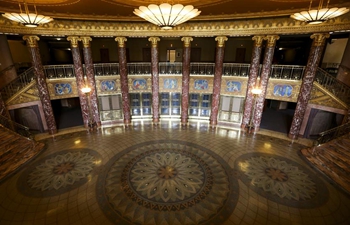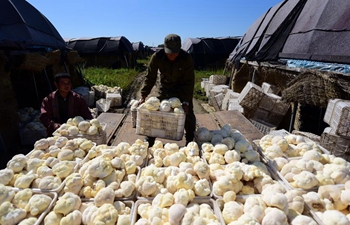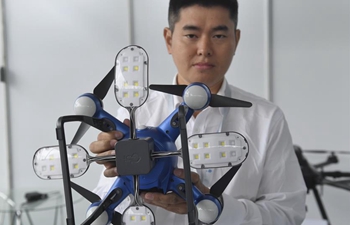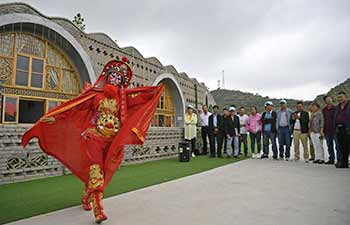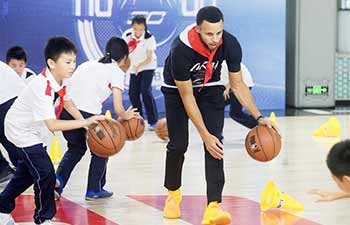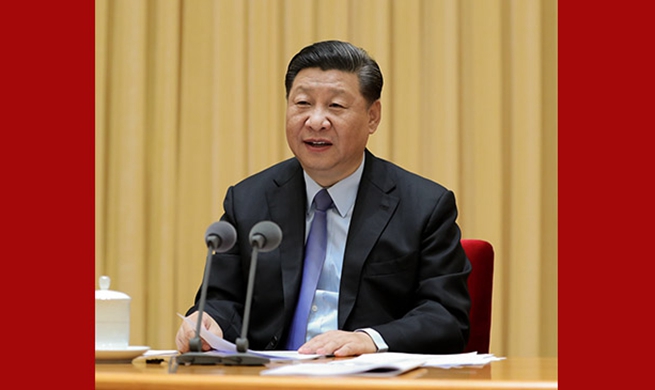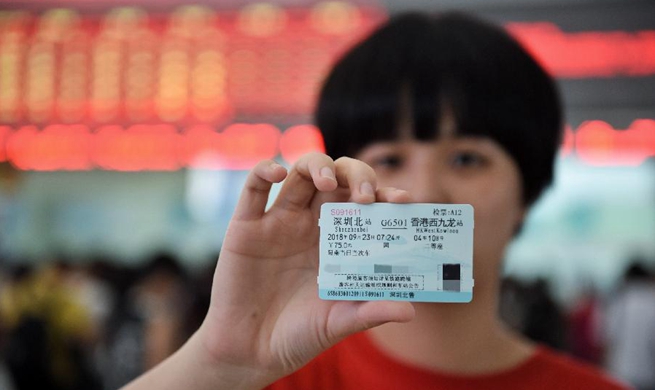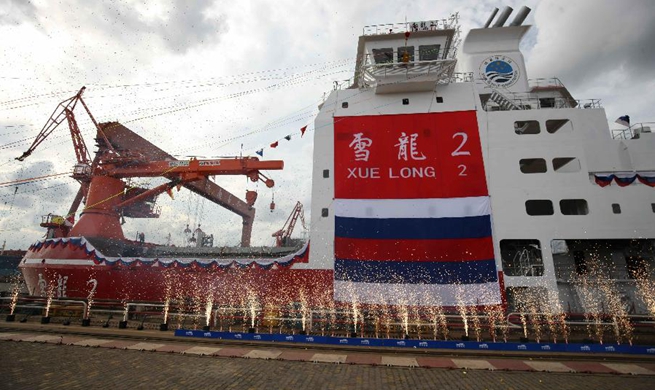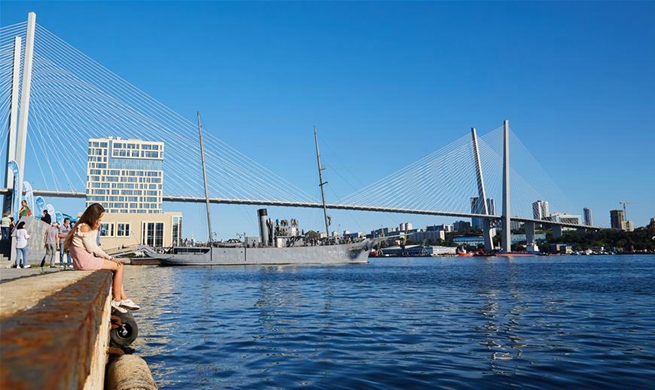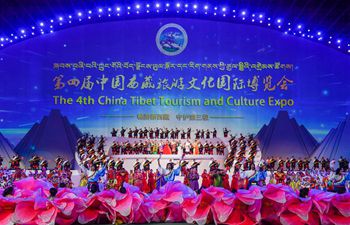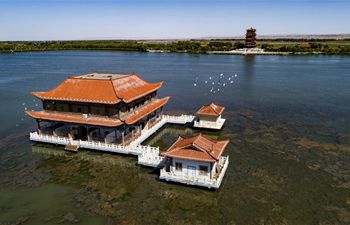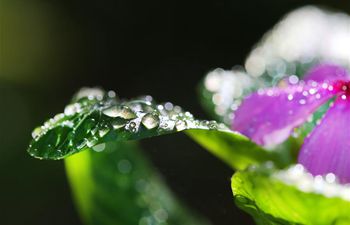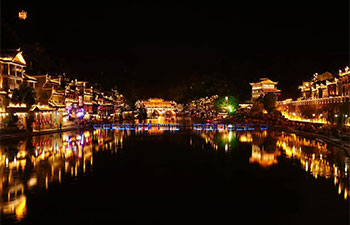by Raul Menchaca
HAVANA, Sept. 10 (Xinhua) -- "Going to China to become a pilot fulfilled a yearning, so now I dream of returning there," said Henry Perez, a retired colonel of Cuba's air force, when he recalled his training experience in China.
He was among a select group of Cubans who were sent to China to receive training as combat pilots and ground technicians nearly 60 years ago, and returned to form the core of post-revolutionary Cuba's air force.
As one of Cuba's most successful fighter pilots, with hundreds of combat missions under his belt, Perez was just 15 and flying a fumigation plane in the central Cuban province of Camaguey when revolutionary leader Fidel Castro recruited him and others to receive training in China.
Due to the secrecy of the mission, Perez didn't know where he would be going or when he would leave. He could hardly have imagined that the two years he and his colleagues would spend in the Chinese cities of Linfen and Shenyang, from 1961 to 1963, would prepare them for a life as combat pilots.
"At the time, we never asked questions. We went wherever it was necessary, following the orders of Fidel and the revolution," Perez said.
Before leaving the Caribbean nation, those chosen for training had to climb Turquino Peak, the island's highest, five times. Those who succeeded were called "Five Peaks", in recognition of their physical stamina and ideological loyalty.
Today Perez, 74, serves as general coordinator of the group that originally comprised 223 students.
The air force veterans gather at least once a year to reminisce about their days as pilots in training.
Perez wrote a memoir published in 2005, "From Five Peaks to Beijing", which details China's contribution to the defense of the Cuban Revolution.
"To train the new Cuban aviators, Czechoslovakia took about 60 young people. The USSR accepted about 100 and China welcomed 223 at once, at a time when there was still poverty in China and people were still hungry, because Mao's revolution had triumphed barely 12 years earlier," he said.
Manuel Rojas, another former pilot and retired colonel, underscored the quality of training the group received in China.
"There came a time when the top leaders of the Cuban air force were all from the 'Chinese' group," said the 76-year-old veteran.
He still can recall the names of his Chinese instructors.
"They almost became our parents, because they lived with us and together we endured the same hardships of the time," said Rojas.
"They even bundled us up at night when it was cold. When someone was sick they were the ones who took care of us, although they were only two or three years older than us," he said.
Two years ago, Rojas wrote "The Wings Grew in China", an autobiography about his years in training.
"They taught us to be more revolutionary and better people," he said, as Perez nodded in agreement.
Upon completing their training, 117 pilots and 106 ground technicians graduated in 1963. They comprised the core of the Cuban Air Force and took part in international missions in Angola, Ethiopia, Nicaragua and Syria, and other countries.
Today, only 87 of the veterans survive, who still, from time to time, recall the distant land that help them become combat pilots.




